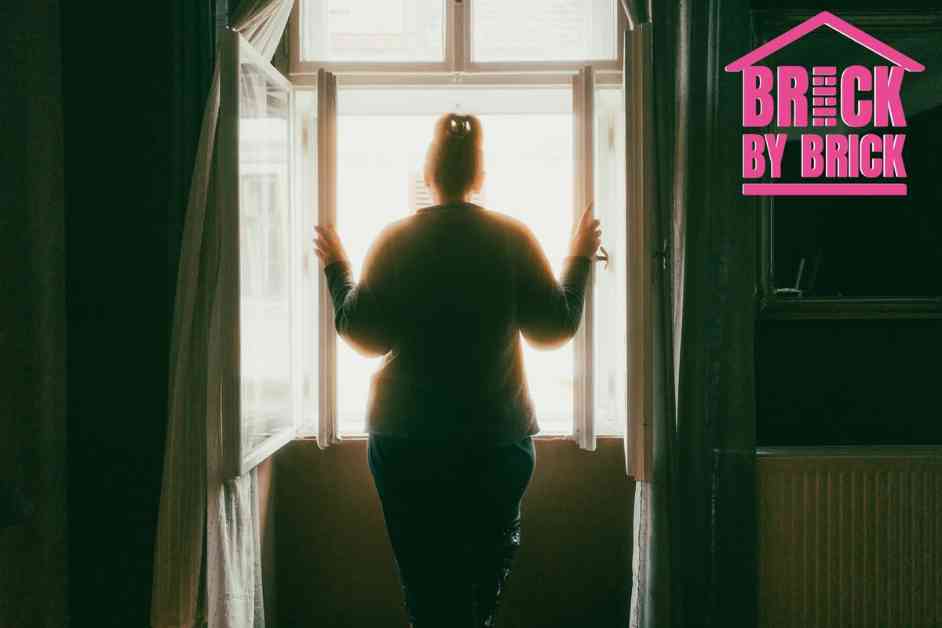Your support is essential in helping us share stories that matter. From critical issues like reproductive rights, climate change, and Big Tech, The Independent is dedicated to providing accurate information. We are committed to reporting the facts and ensuring transparency in our journalism. Your donation allows us to continue sending reporters to cover stories that impact our communities. The Independent values the trust of readers from all political backgrounds and believes in making quality journalism accessible to everyone.
A domestic abuse victim, who wishes to remain anonymous and will be referred to as Lola, recently shared a harrowing experience involving a privacy violation that left her fearing for her life. Lola recounted how a company that assists with obtaining restraining orders accidentally leaked her home address to her abusive ex-partner. Despite her repeated requests to keep her address confidential, the National Centre for Domestic Violence (NCDV) served her ex-partner the restraining order in person, exposing her location.
Lola’s story sheds light on the importance of protecting domestic abuse victims and the need for privacy safeguards in such situations. Non-molestation orders are crucial in providing safety to victims and preventing abusers from approaching or harming them. However, when privacy breaches occur, it can have severe consequences for the victims, leading to fear and post-traumatic stress disorder.
Following the data breach, Lola faced challenges in ensuring her safety, including police visits to assess escape routes and reinforce security measures. Despite her desire to move to a safer location, financial constraints prevented her from doing so. The mishandling of her personal information and the subsequent impact on her well-being highlight the importance of proper protocols and accountability in handling sensitive data.
Lola’s experience underscores the ongoing threat that domestic abuse survivors face even after leaving abusive relationships. Post-separation abuse, such as stalking, intimidation, and property damage, can continue to traumatize victims and jeopardize their safety. It is essential for authorities and support organizations to prioritize the protection of survivors and uphold their confidentiality rights.
Although Lola’s journey has been challenging, she has found strength in advocating against domestic abuse and raising awareness about the need for improved privacy measures. Her resilience and determination to speak out about her experience reflect a powerful commitment to supporting others in similar situations. By sharing her story, Lola hopes to inspire change and ensure that victims are not subjected to further harm due to privacy violations.
The response from the National Centre for Domestic Violence, including an apology and compensation for the distress caused, indicates a recognition of the mistakes made and a commitment to enhancing their data protection practices. The organization’s efforts to address the shortcomings and prevent future breaches demonstrate a step towards accountability and improvement in safeguarding victims’ privacy.
As the Brick by Brick campaign continues to raise funds for building safe spaces for women escaping domestic abuse, Lola’s story serves as a reminder of the urgent need for support and protection for survivors. By contributing to initiatives like these, individuals can make a tangible difference in providing a secure environment for those seeking refuge from abuse. Together, we can stand with survivors like Lola and work towards a future where privacy violations are prevented, and victims are empowered to rebuild their lives free from fear.












